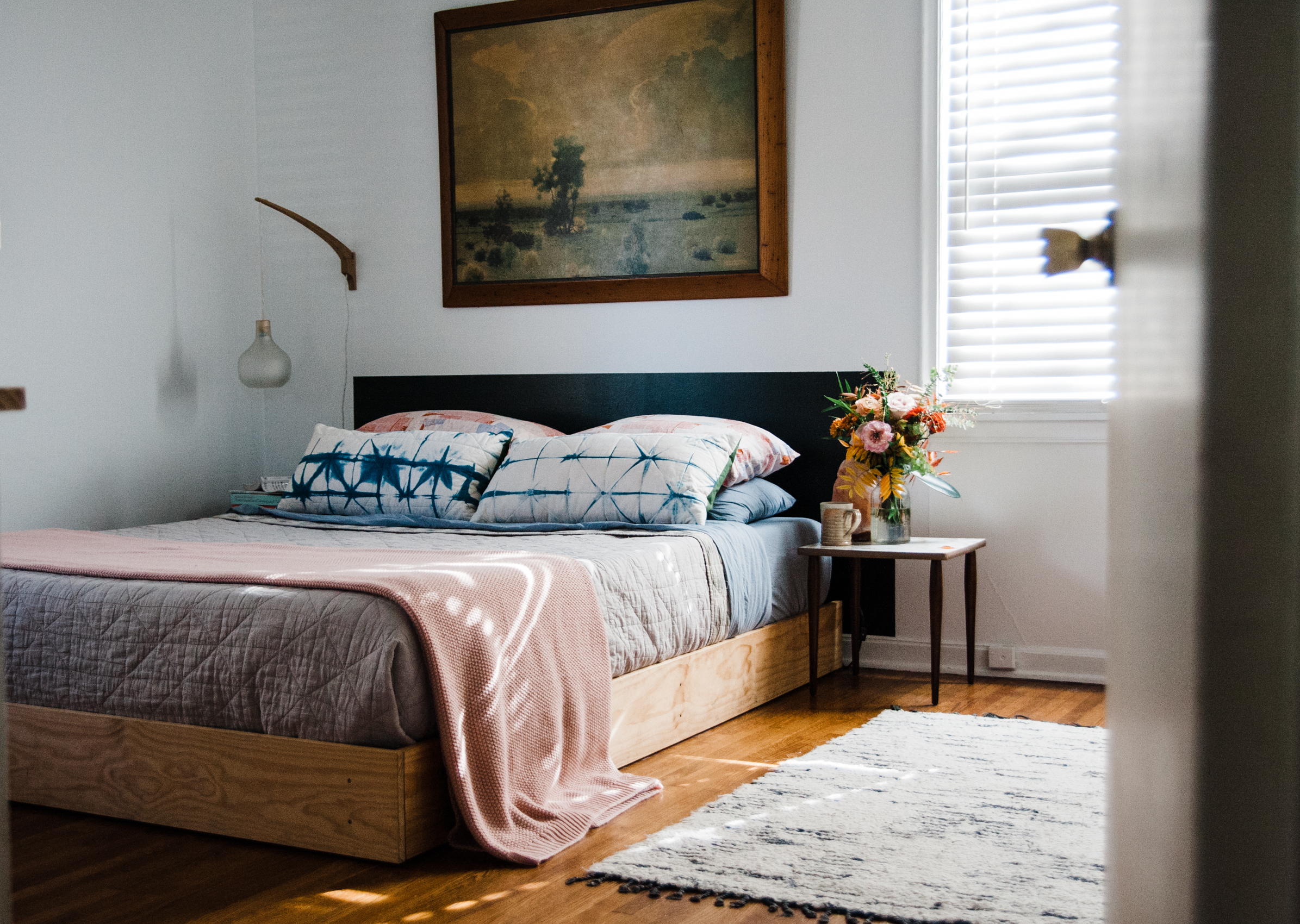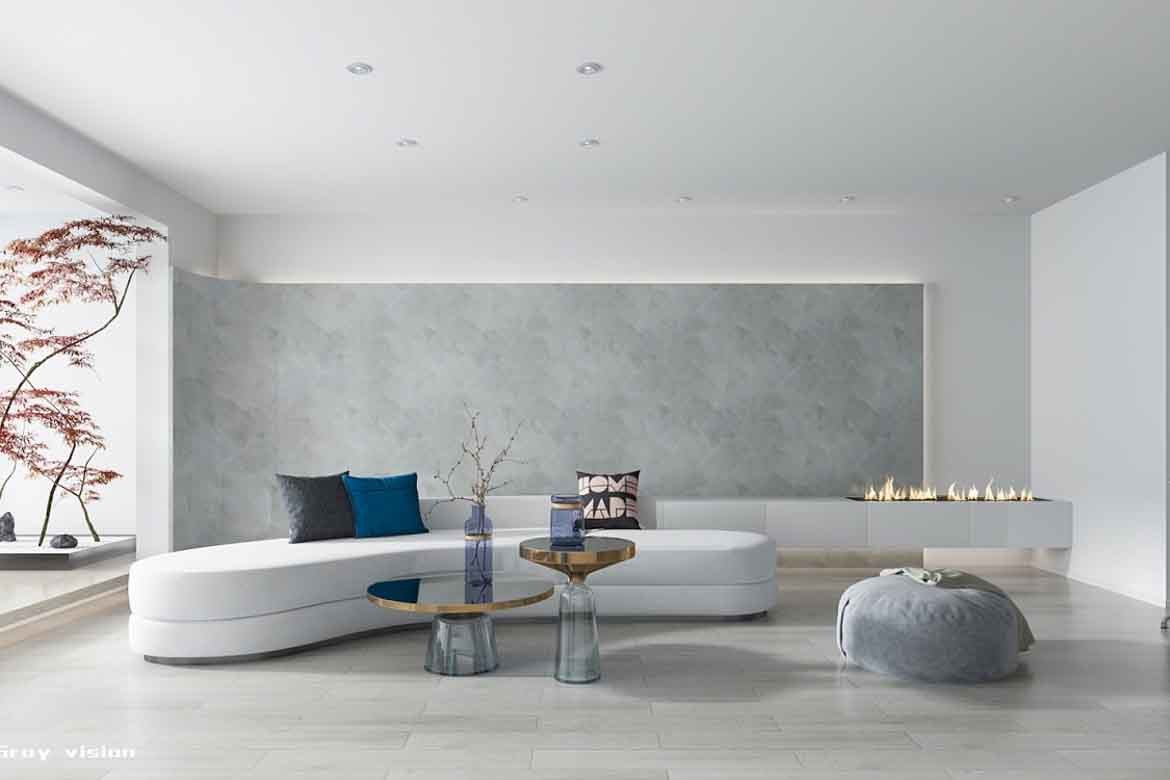The Ultimate Overview to Streamlining Your Home with Minimalism Concepts
Wiki Article
Understanding Minimalism: Approaches for Minimizing Clutter and Enhancing Clarity in Everyday Living
Minimalism is increasingly identified as a practical technique to boosting clarity and focus in today's messy globe. By methodically examining our ownerships and prioritizing intentionality, we can create rooms that not just show our values however likewise promote psychological health. Utilizing approaches such as the "Four-Box" method can help with a more orderly setting, yet real challenge depends on growing a minimal frame of mind that sustains these initiatives. Exploring the subtleties of this approach may expose unusual insights right into just how you can change your every day life. What might you discover when you welcome this deliberate simplicity?Specifying Minimalism and Its Benefits
Specifying minimalism involves understanding it as a way of living choice that emphasizes simplicity and intentionality in both physical properties and everyday routines. At its core, minimalism urges individuals to prioritize what genuinely matters, enabling for a more purposeful and concentrated presence. By removing the non-essential, minimalism welcomes people to involve deeply with their experiences and environments.It promotes mental clearness, as reducing clutter in one's atmosphere can lead to lowered interruptions and stress. Minimalism advertises financial liberty; by prioritizing needs over wants, individuals can make even more educated acquiring choices, leading to possible cost savings and minimized financial obligation.
Inevitably, minimalism is not simply regarding material decrease however involves a holistic shift in viewpoint, fostering a life characterized by equilibrium, gratification, and purpose. Accepting this way of living can lead to profound modifications in just how individuals communicate and perceive with the world around them.
Examining Your Present Mess
Clutter typically materializes as an overwhelming buildup of products that no more offer a purpose, developing an obstacle to attaining a minimalist way of living. To efficiently examine your existing clutter, it is important to adopt an organized approach. Begin by determining the areas in your home that feel disorderly or frustrating. Take note of certain categories of products, such as clothes, books, or kitchenware, as this will assist you understand the range of the mess.
Furthermore, take into consideration the regularity of use for each thing. Ultimately, comprehending your current mess is a critical step towards accepting minimalism and enhancing quality in your daily living.

Practical Decluttering Strategies
Having examined your existing mess, the next action is to execute practical decluttering techniques that promote a more organized living room. Minimalism. One efficient approach is the "Four-Box" technique, where you designate 4 boxes classified: keep, donate, garbage, and relocate. This technique urges fast decision-making and ensures things are classified appropriatelyAnother method is the "One in, One out" guideline, which specifies that for every brand-new item acquired, an existing product should be gotten rid of. This concept assists keep balance and prevents build-up in time. In addition, take into consideration the "30-Day Minimalism Video Game," where you pop over here eliminate one product on the very first day, two on the 2nd, etc, cumulatively cultivating a feeling of accomplishment.
For those that struggle with emotional add-ons to possessions, the "Emotional Value" method can be helpful. Restriction yourself to a specific variety of cherished products, allowing you to value their importance without frustrating your area. Establish a regular decluttering schedule, whether month-to-month or seasonally, to keep a clutter-free setting. By utilizing these techniques, you can produce a much more tranquil and efficient living space, ultimately improving quality in your day-to-day life.
Developing Deliberate Rooms
Developing intentional areas entails a thoughtful method to exactly how we layout and organize our environments, ensuring each location offers a particular objective and reflects our values. This technique is crucial in growing a sense of clearness and objective in our lives. By seriously assessing the feature of each room, we can remove disturbances and improve our general wellness.To produce deliberate rooms, start by determining the primary activities that will take place in each location. A home office need to be designed to foster efficiency, integrating components such as adequate illumination, comfortable furniture, and minimal distractions. On the other hand, a leisure area should advertise harmony, featuring soothing shades and comfortable seating.
Additionally, think about the psychological impact of your environments (Minimalism). Including personal products that resonate with your worths, such as artwork or plants, can boost the link to your room. On a regular basis examine these environments to ensure they remain to serve their intended objective as your requirements evolve
Ultimately, producing deliberate rooms has to do with making conscious selections that straighten with your way of life, promoting consistency and efficiency in your living and working environments.
Preserving a Minimalist Attitude
Accepting a minimalist attitude calls for recurring reflection and intentionality in our ideas and actions. Establish apart time to review your dedications, properties, and also electronic web content, guaranteeing they straighten with your core concepts.
An additional key method is to exercise appreciation. Recognizing what you currently have fosters click now satisfaction and minimizes the need for extra. This shift in perspective encourages gratitude for simplicity, boosting total wellness. Incorporating mindfulness techniques, such as reflection or journaling, can further reinforce a minimalist frame of mind by promoting quality and minimizing psychological mess.
In addition, develop boundaries to protect your time and power. Find out to state no to non-essential commitments and disturbances that do not add to your individual development. Border on your own with similar people that support your minimal trip, as shared worths can enhance motivation and liability.
Final Thought
To conclude, accepting minimalism uses substantial benefits, consisting of minimized clutter and improved clarity in life (Minimalism). By systematically assessing belongings and carrying out practical decluttering methods, people can create intentional areas that cultivate mindfulness and thankfulness. Maintaining a minimalist state of mind requires continuous examination and commitment to simplicity, ultimately resulting in a much more focused and fulfilling way of life. The principles of minimalism serve as important devices for growing a setting that supports personal development and well-being.
In addition, consider the "30-Day Minimalism Video Game," where you get rid of one product on the initial day, 2 on the second, and so forth, cumulatively cultivating a sense of accomplishment.
see here In verdict, accepting minimalism uses considerable advantages, consisting of lowered clutter and boosted clarity in everyday life.
Report this wiki page